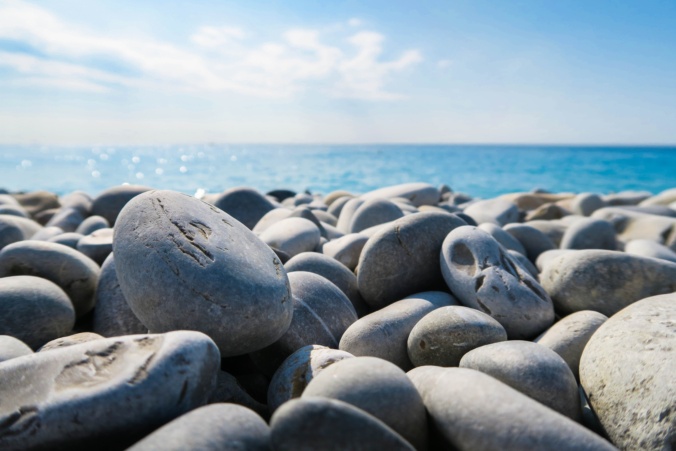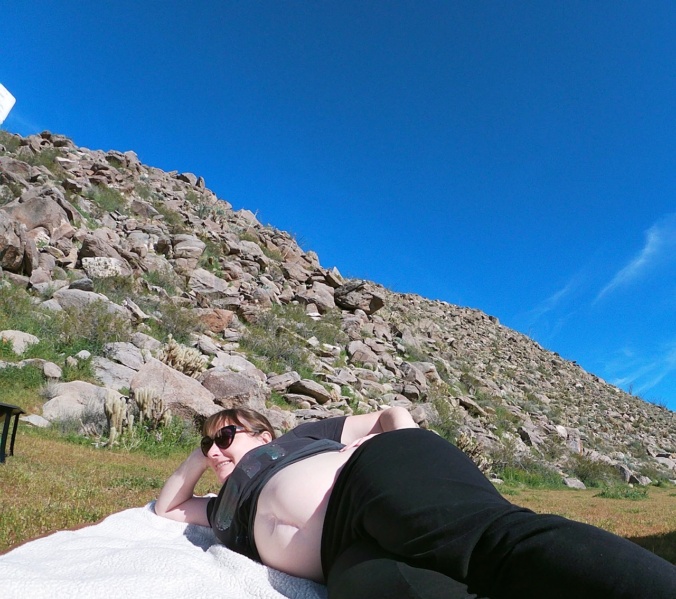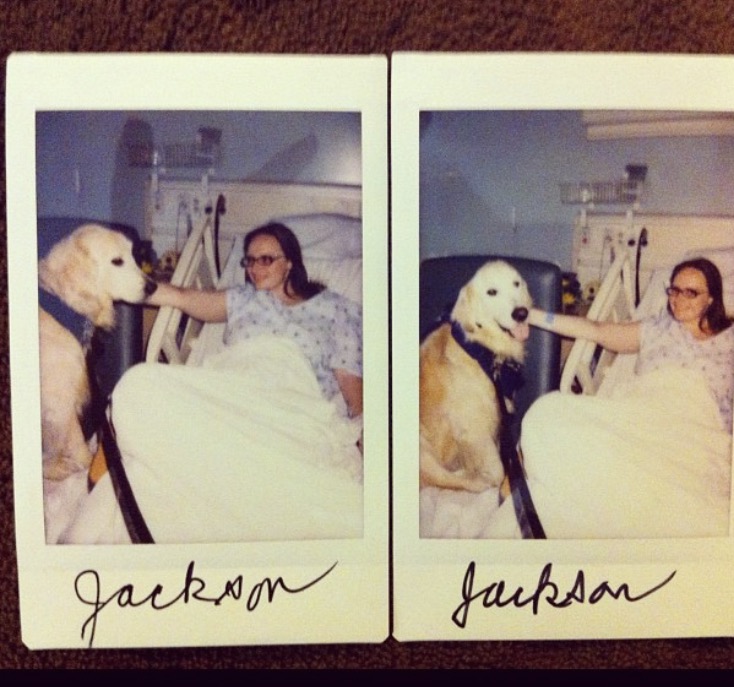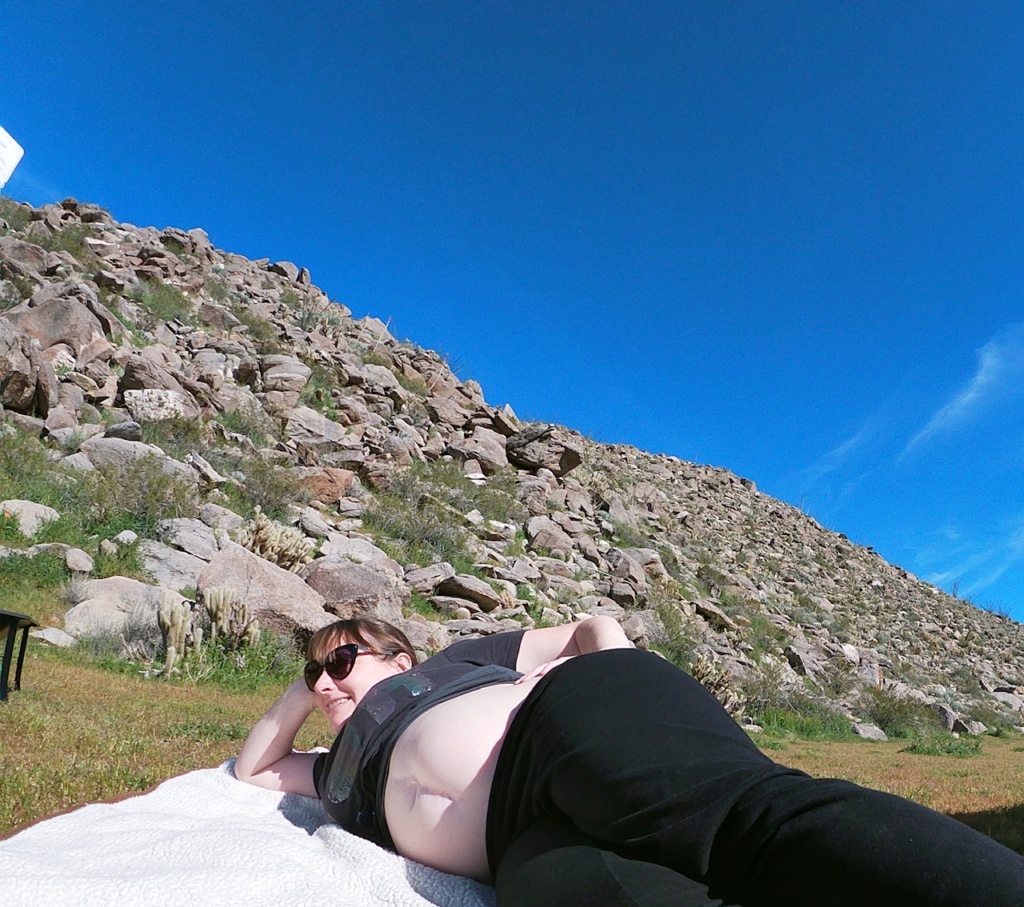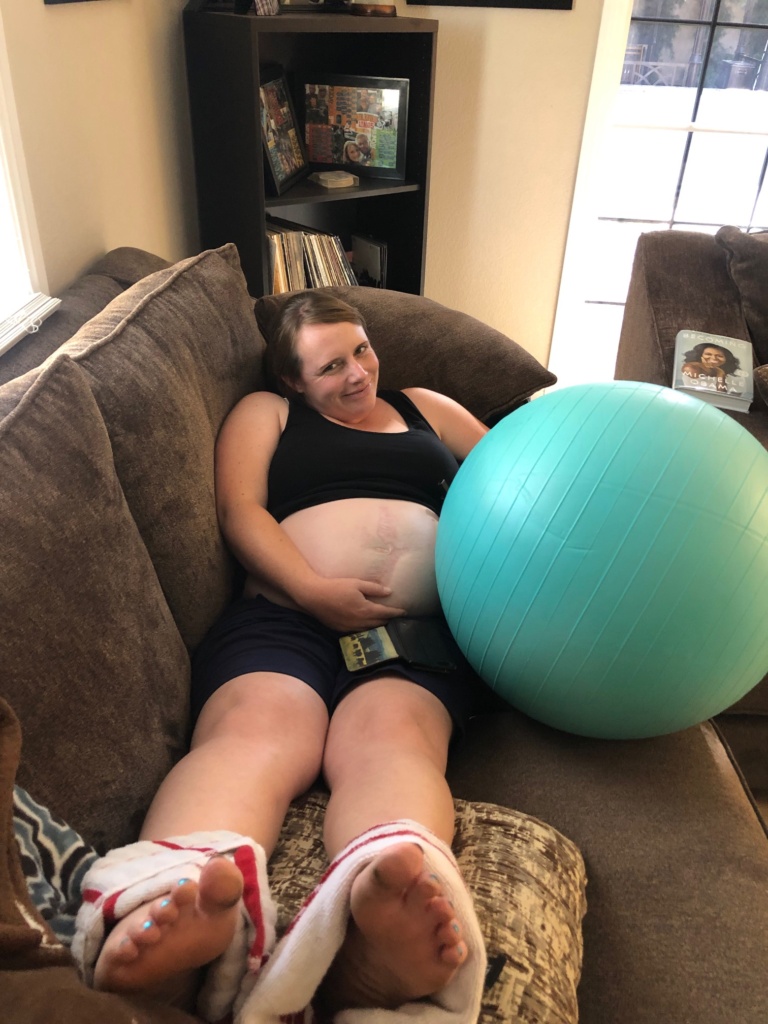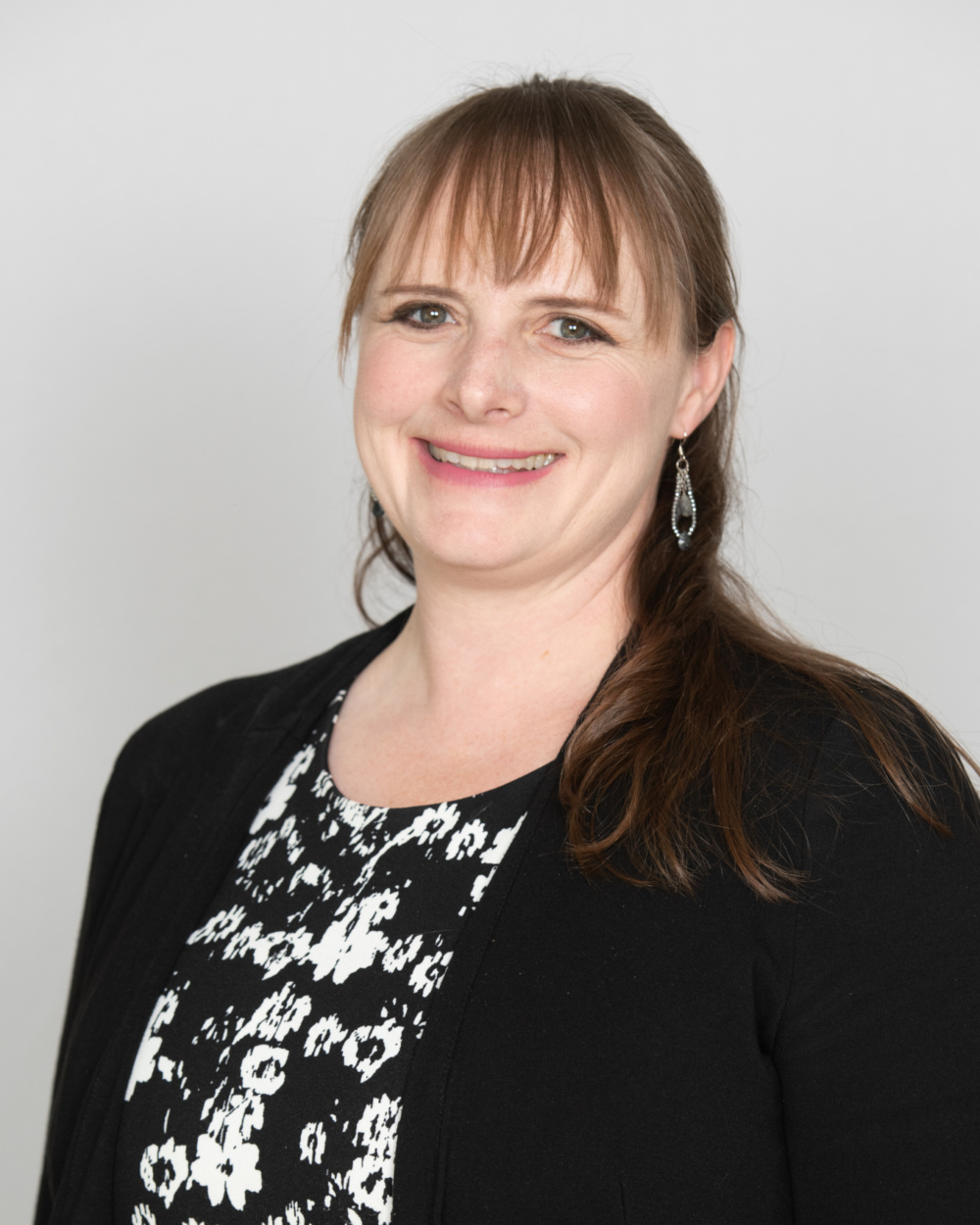The 2010s were an incredible decade for me, full of the highest highs and lowest lows that I have yet experienced. Toward the beginning of the decade, in 2012, I underwent emergency surgery and was diagnosed with a rare form of cancer. It completely changed my outlook on life forever—although I had always been a long term planner, I was suddenly forced to hyperfocus on the now. There was a time in May of 2012, when I was not sure I could see a future for myself after the summer. I couldn’t even think of Christmas, let alone 2020. So as 2019 drew to a close I reflected on what it means to enter a new decade as a cancer survivor and to think about time in 10 year increments.
When I learned that I had cancer I was immediately thrust into the parallel universe. Everything around me went on with its usual pace, humming forward with the busy-ness of normal, healthy life. Business people had deadlines, children had seasonal school activities, people were getting engaged, and my friends made plans to go out drinking on weekends. My little world was rocked, all of the sudden time skidded to a stop for me while life went on without me. I had spent my young life always looking toward the future, planning out and achieving my goals—landing my first job and moving out at 17, getting married at 20, graduating college at 21, starting a PhD program at 22, and checking the boxes off my life list. I was on the up and up, constantly moving—determined to ascend the escalator of life, my eye always on the next milestone. All of the sudden my escalator came to a screeching halt, while everyone around me just kept on climbing. I had encountered some faulty machinery, and I had to step off to see what was around me in the here and now.
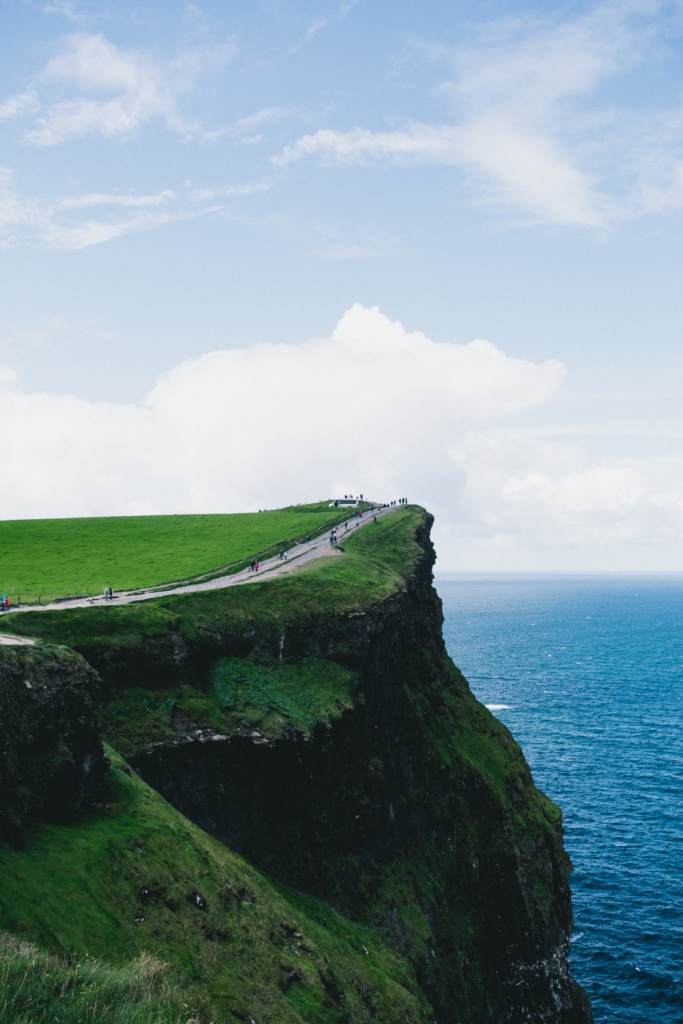
The future that had always seemed like an endless horizon of possibilities was suddenly shrunken and uncertain. Would there even be a future for me? My particular diagnosis is accompanied by some pretty alarming statistics—a 56% chance of surviving 5 years, a 33% chance of surviving 10 years and a 10% chance of surviving 20 years. At 26 years old, it translated into a pretty grim outlook. I began to picture myself driving along a winding road, with a steep cliff drop off to one side. My road hugged the crevices of the ocean cliff tightly, and my vision was limited only to the next hairpin curve—when I would go in for my next scan. I could see nothing beyond this harrowing swerve—did the road continue along with breathtaking views, or did it simply end, leaving me to close my eyes and fly off the edge into oblivion? I wanted more—there were so many things left undone, I had not achieved hardly any of my life goals. I wanted a life with a beginning, a middle, and an end yet I was stuck in place somewhere along the ascent to the midpoint. But would I get it? I realized then what we should all never forget—that our length of time here is never promised, you are not entitled to a long life.

When I could no longer look forward to the future, I started to think only about how I could live each day with joy and health. I no longer toiled on laying small, insignificant stones in hopes of building a future cathedral. I woke up each day and set my focus toward things I had never considered to be worthy goals before: drink at least one cup of green tea, eat 5 fruits and vegetables, go on a walk, stop to reflect or write, breathe in the ocean air, talk to my friends. And whenever I could, try to find a moment of pure joy and bask in its glory.
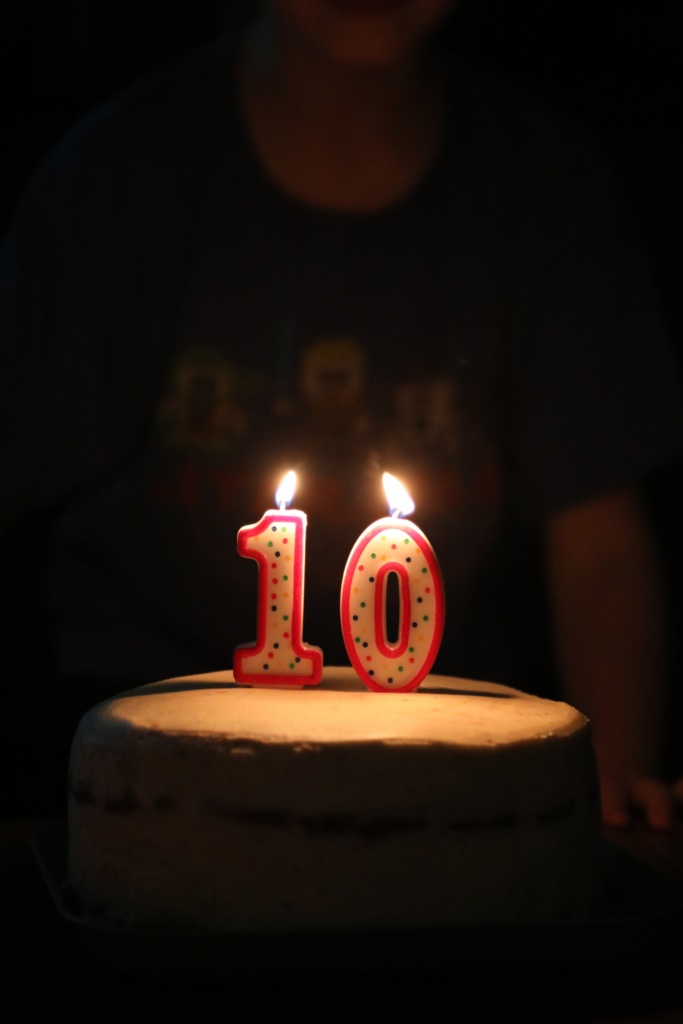
I have been very lucky. I went in for regular scans—three times a year in the beginning, then twice, now only once. Each anxiety inducing call from my oncologist has yielded positive conversations, small talk and a review of the scan that included words like ‘unremarkable’ and ‘unchanged’ which I had never known to be so wonderful. I started celebrating a ‘second birthday’ on the day of my surgery—when 100% of my cancer was removed. Two years, three years, four. The fifth was a major milestone as that is commonly seen as the period in which cancer will return if it’s going to. I celebrated the fifth by bringing a disaster preparedness event to students at UCLA, the place that had saved my life. Slowly, but surely the blinders on my future vision were lifted. I started to plan again. On a small scale at first but it has been increasing. My husband and I had a nearly 2 year engagement, and allowing myself to plan a wedding so far in advance was a challenge, but I achieved it. I started to think that, despite the high recurrence rate, the cancer is behind me. Perhaps I can begin to think about laying the bricks toward the long term goals and dreams that I once had.
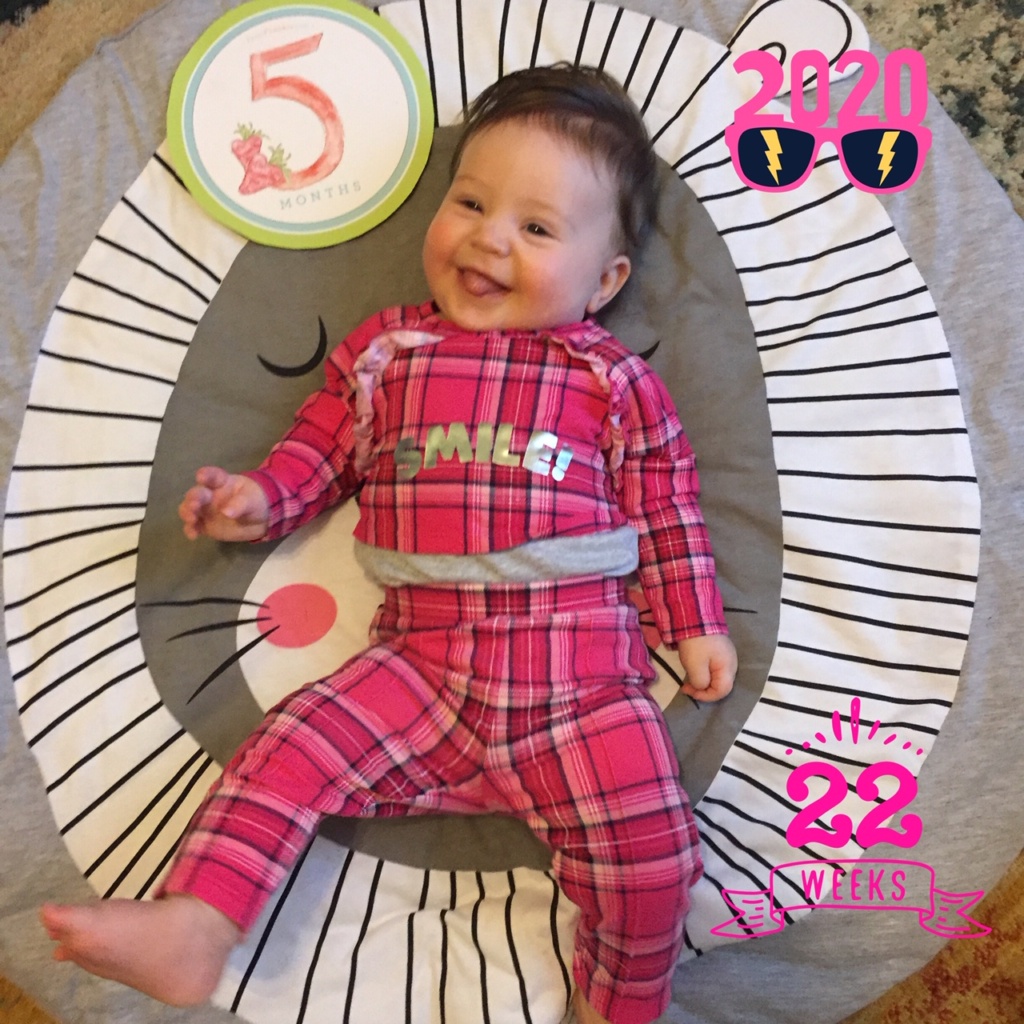
Over the last couple years of the decade, I began investing more in my long term career path and beginning to work toward making a name for myself in emergency management—as a responder, a consultant, a writer, and a speaker. And perhaps the biggest move I’ve made toward planning for an elongated future is the birth of my first daughter in 2019. I am committed to raising her to adulthood and now I have to plan it, I am starting to let visions of this baby in elementary school, in high school and going off to college come into focus.

As we celebrate the birth of a new decade, I have taken some time to reflect and set my eyes on the long term prizes. This week I decided to set some goals, not just for the year, but for the decade. Both professional and personal. I believe the more you talk about your vision and share it with others, it stays in the forefront of your mind and your everyday actions will cement it into being. So I want to share with you here my goals for the decade. If you are struggling with envisioning a more long term future, certainly spend some time thinking about your daily goals because every day well lived will amount to a wonderful existence. As time passes you might find that you are able to tug the blinders an inch at a time and one day feel comfortable taking a peak into the distance.
